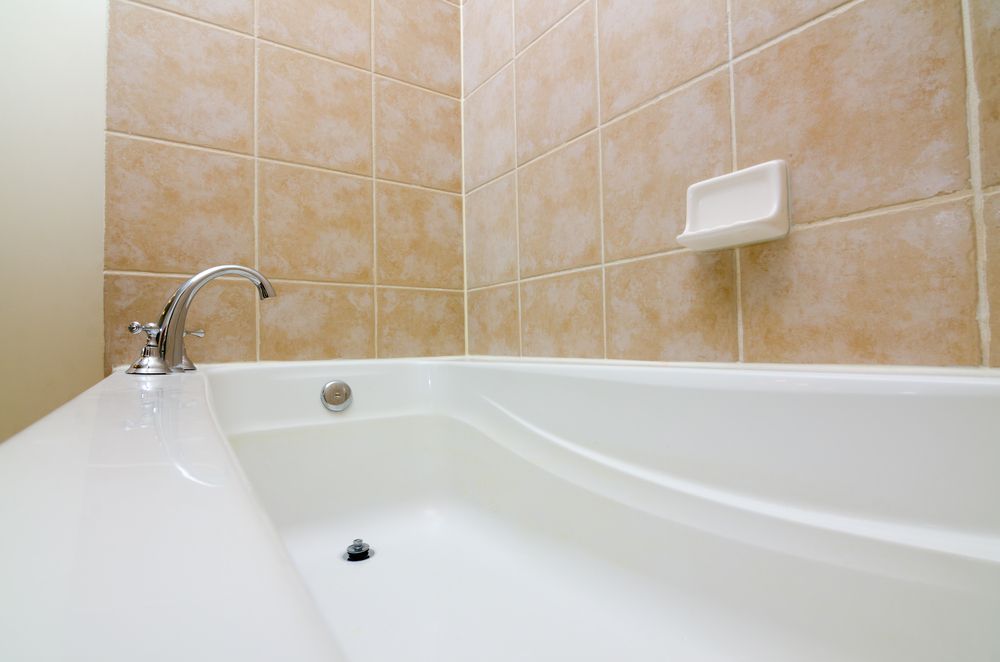Ways To Remove Sediment Build-Up In Your Water Heater
It’s the time of year again when snow is falling, and it feels like winter has arrived. For many people, staying warm comes to mind when they hear of winters. Ensuring that the water heater in your Bradenton home is in good shape is critical for keeping warm during the winter months.
The lifespan of your appliances is one of the most pressing concerns for any homeowner. After all, they keep everything running smoothly in the house and simplify life. Water heaters are an expensive investment. Knowing how to prevent water heater sediment buildup is critical for keeping it working correctly. Follow the below strategies suggested by Premier Plumbers to help you stay ahead of things.
Begin With Flushing
This is an excellent method to maintain your water heater running twice a year smoothly. To remove any floating debris, you’ll have to drain the unit. Follow these steps:
- Before starting the flushing operation, switch off electricity (or gas) to the heater unit.
- Turn off the cold water valve to keep water from entering the tank while beginning the flushing procedure.
- Make sure to drain the water. If you want to drain it, connect a hose to the drainage valve and make sure it goes somewhere safely to empty since the water will be boiling. The best way is to dump it in a bucket or outside.
- Drain and then flush with cold water until the water runs clear of any sediments using the open shut valves.
- Power it back up, and done!
Vinegar Works like Magic
Vinegar is a shared kitchen ingredient, but don’t underestimate its power to dissolve away at water heater sludge! We also recommend it for routine cleaning and the prevention of hard water stains and buildup. When your water heater is drained, you may want to fill the tank with a gallon of apple cider vinegar and let it rest for about six hours. After draining the vinegar, run a pipe to the drainage house and turn off the electricity before reattaching your unit.
The Ideal Temperature
If your water heater operates when it reaches its maximum temperature, the scale will build up more quickly. Setting your thermostat higher might help with this. According to manufacturers, it is ideal for maintaining 120 degrees Fahrenheit. You risk encouraging sediment buildup if you set the temperature any higher.
Consider Installing a Water Softener
We can discuss water heater sediment all day but consider investing in a water softening system if you want the surefire method to prevent it. It removes the ions that cause water hardening. While water softening systems are more expensive and need installation and maintenance, they pay off long-term.
Water heaters are an appliance that you don’t think about until they go out or stop working correctly.
At Premier Plumbers in Bradenton , we believe that preventing sediment buildup will save you money on future maintenance jobs and guarantee your water quality. Get your free quote now.
The post Ways To Remove Sediment Build-Up In Your Water Heater appeared first on Premier Plumbers.

Sarasota - Manatee - Charlotte 941-921-4846
Lee and Collier 239-210-0018
Text: 239-402-4148
Email: service@premierplumbers.plumbing
Sarasota Office: 6026 South Tamiami Trail
Sarasota, Florida 34231
Fort Myers Office: 2317 Bruner Lane
Fort Myers, FL 33912
